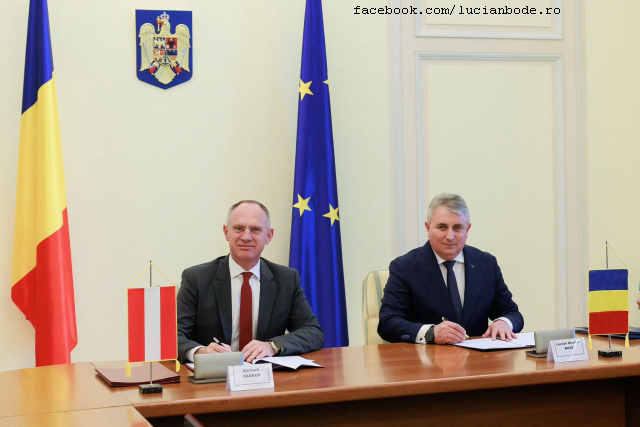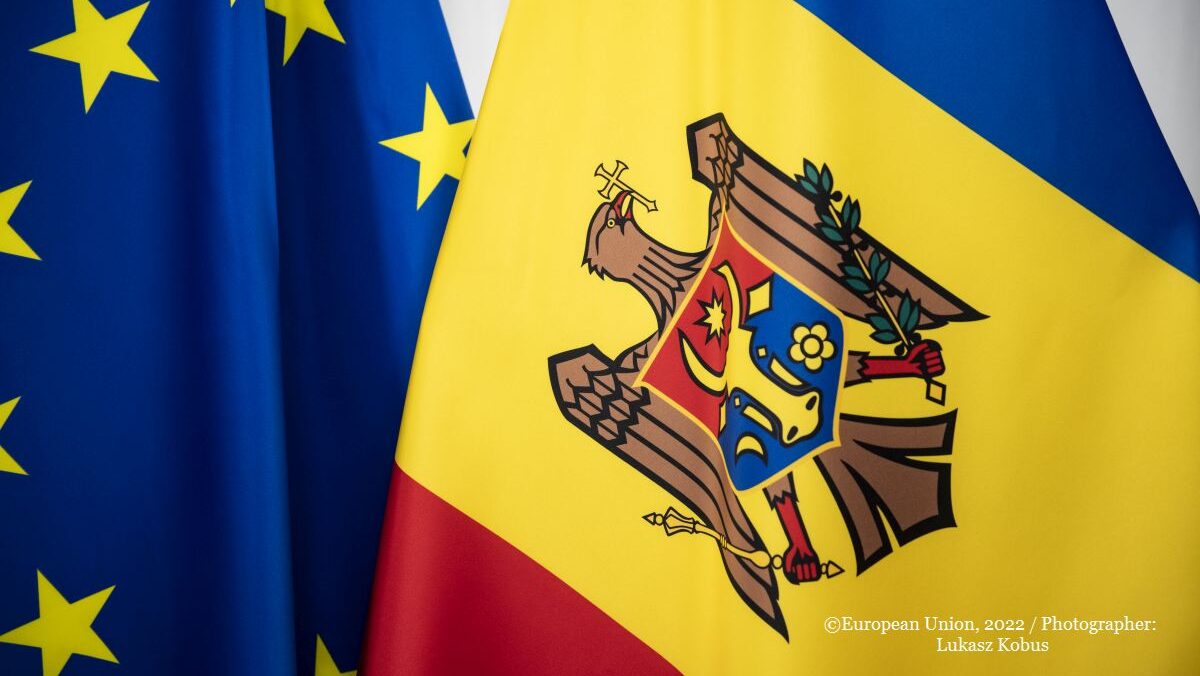On Schengen, once again
Austria's interior minister, Gerhard Karner, says Romania is on the right track, but still has a lot to go before joining Schengen

Roxana Vasile, 27.04.2023, 14:00
Austria is one of the top investors in Romania, with
total investments put at over EUR 12 billion in 2021. But it is also the only
EU member state openly opposing Romania’s Schengen accession, which is puzzling
for both Bucharest, and Brussels. At the latest meeting of the Justice and Home
Affairs Council last December, Vienna vetoed Romania’s accession to the
border-free area, disregarding all the reports dating as far back as 2011 that
said the country met all technical criteria to be a Schengen member.
A regrettable and unjustified attitude, president Klaus
Iohannis said at the time. The EU Commissioner for Internal Affairs, Ylva Johansson,
pointed out that she would make it a priority to secure Romania’s and Bulgaria’s
Schengen accession this year, while the European Commission chief, Ursula von
der Leyen, and the Council president, Charles Michel, said they were expecting
progress to be made.
But while on a visit to Bucharest on Wednesday,
Austria’s minister of the interior Gerhard Karner shattered all hopes in this
respect: Romania made important headway in fighting illegal migration, but
there is still a lot to be done to ensure efficient protection of the Union’s
borders, he said.
Romania’s Schengen accession is not only a goal, but a
right, his counterpart Lucian Bode said in response, and added that it was not
natural for Romania to only have obligations and no rights.
Lucian Bode: We told the Interior Minister that
Romania’s Schengen accession process must be completed in 2023. By virtue of this
European concept of an area without internal border checks, joining Schengen is
not only an aspiration of Romania, but rather a right granted under the
treaties signed by all member states. As regards the decisions made today, we
have agreed on an action plan to prevent illegal migration, and we have signed
three cooperation documents.
The agreements signed in Bucharest concern the fight
against migrant smugglers and asylum abuse, and include a joint action plan to
curb illegal migration on the east-Mediterranean route, which stipulates, among
other things, that Romanian police workers will be sent to the Austrian
interior ministry and Austrian workers will be deployed at the Nădlac
checkpoint on the Romanian-Hungarian border. (AMP)






























